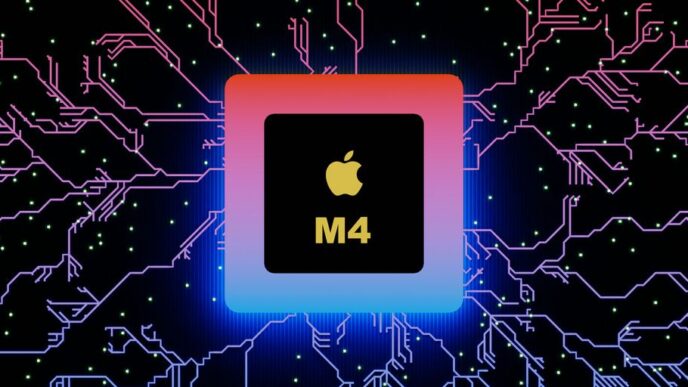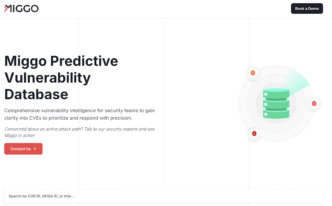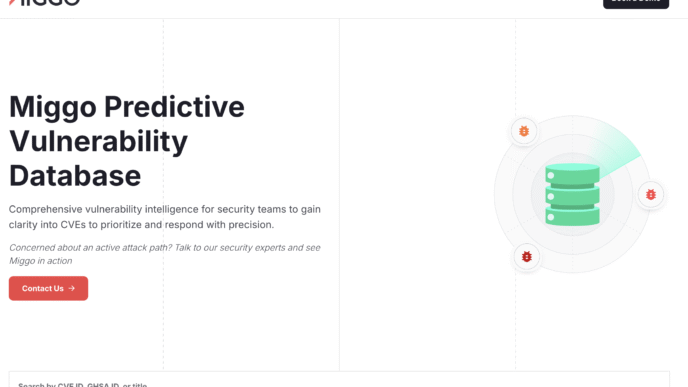Transportation systems play a crucial role in modern society, facilitating the movement of goods and individuals across extensive distances. In an era characterized by rapid change, the development of effective and innovative transportation solutions has emerged as a primary focus for urban planners, policymakers, and industry leaders. The following are five essential factors to consider in achieving this objective.
Embracing Technology
The rapid advancement of technology offers a wealth of opportunities to enhance transportation systems globally. Intelligent traffic management systems can optimize traffic flow and mitigate congestion, while groundbreaking autonomous vehicles have the potential to transform travel. By leveraging state-of-the-art technology, we can streamline operations and significantly improve overall efficiency. Moreover, the implementation of smart infrastructure enhances safety for all users, ensuring a seamless commuting experience that makes travel more convenient, accessible, and stress-free for everyone involved.
Sustainability Considerations
As environmental awareness increases, sustainability is crucial in modern transportation planning. Solutions like electric vehicles and renewable energy are key to reducing carbon footprints and combating climate change. Sustainable transportation initiatives support responsible environmental stewardship and meet the rising demand for mobility, benefiting the planet and future generations. Tesla, Inc., founded by Elon Musk, exemplifies sustainability in transportation with its revolutionary electric vehicles (EVs) that produce zero emissions and incorporate advanced technologies like regenerative braking and over-the-air software updates. The company’s extensive Supercharger network supports efficient long-distance travel, alleviating range anxiety and encouraging greener transportation choices. Tesla’s commitment to sustainability not only enhances environmental health but also fosters future innovations within the industry.
User-Centered Design
At the heart of any effective and sustainable transportation solution is the user experience. Understanding the diverse needs, preferences, and expectations of commuters is essential to developing systems that are both functional and enjoyable. By conducting thorough research and actively seeking user feedback, developers can create services that cater to a wide range of demographics and individual requirements, ensuring accessibility and high user satisfaction. This inclusive approach fosters a more efficient transportation ecosystem that meets the evolving demands of modern society, paving the way for improved mobility for all.
Integration and Connectivity
An integrated transportation network significantly enhances efficiency by providing users with seamless connections among various modes of transport, including buses, trains, bicycles, and pedestrian pathways. By harmonizing public transit systems, cycling infrastructure, and walking routes, we can adopt a holistic approach that benefits all community members. Improved connectivity reduces congestion and travel delays, creating a more cohesive travel experience while facilitating easier navigation of urban environments and promoting healthier lifestyles and sustainable practices.
Collaborative Partnerships
Successful transportation initiatives stem from collaboration between the public and private sectors. Stakeholders can leverage resources and expertise to develop innovative solutions that tackle modern transportation challenges by partnering with government agencies, transportation providers, and tech firms. This approach is vital for creating an efficient and sustainable infrastructure that meets the needs of future generations.
Challenger Motor Freight exemplifies an innovative transportation solution by seamlessly integrating advanced technology with user-centered design. For over 40 years, Challenger Freight has been delivering transportation and logistics services throughout Canada. Effective transportation solutions require a holistic approach that integrates advanced technology, sustainability, and user satisfaction. By fostering collaboration among stakeholders, we can create systems that address current needs and pave the way for a more efficient and accessible future.












